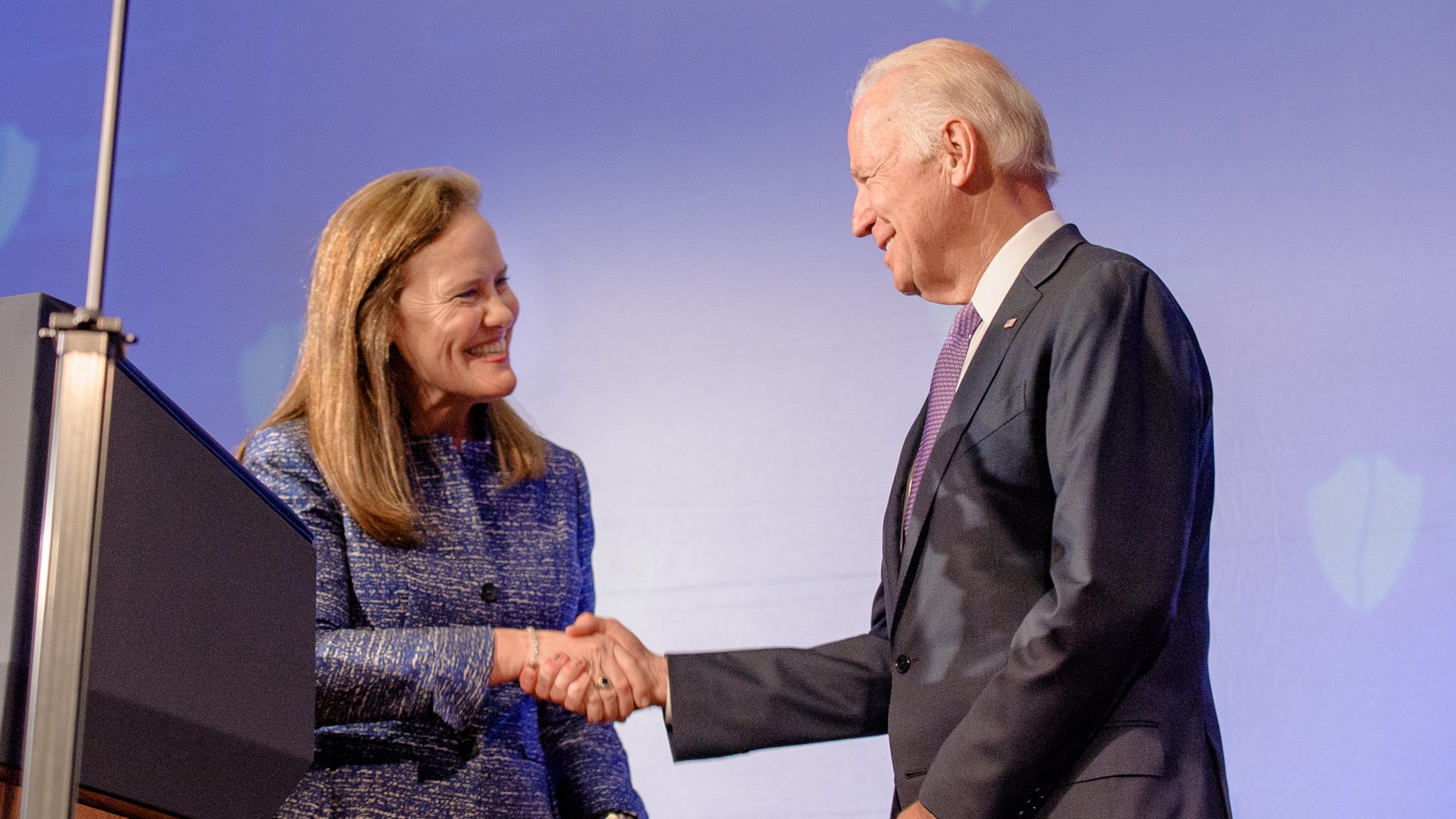Al-Qaeda Prisoners Escape in Yemen
By Mohamed Sudam
SANAA (Reuters) – A senior U.S. official pressed the Yemeni government on Wednesday to implement a Gulf Arab initiative calling for President Ali Abdullah Saleh to step down to end months of protest, Yemeni officials said.
The United States and ally Saudi Arabia fear that a power vacuum and tribal warfare in Yemen will be exploited by the local wing of al Qaeda to launch attacks in the region and beyond.
On Wednesday, dozens of al Qaeda militants escaped from a prison in the city of al-Mukalla in southern Yemen, the latest in a series of increasingly deadly clashes between security forces and militants in the south of the country.
A Yemeni government source said Jeffrey Feltman, the U.S. Assistant Secretary for Near Eastern Affairs, met Foreign Minister Abubakr al-Qirbi and Vice President Abd-Rabbu Mansour Hadi, who is acting president.
“The American side insisted on implementing the Gulf initiative and then removing features of tension (protests), while the Yemeni side demanded that features of tension be removed first and then implementing the initiative,†a Yemeni government source told Reuters.
Saleh has exasperated his rich Gulf Arab neighbors by three times agreeing to step down, only to pull out of a transition plan at the last minute and cling on to power.
Saleh is in Saudi Arabia recovering from injuries sustained in an attack on his palace in Sanaa nearly three weeks ago.
Feltman also held talks with Saleh’s son, Ahmed Ali Abdullah Saleh, once widely seen to be next in line for the presidency until protests broke out earlier this year. No details emerged from the meeting.
As commander of the Republican Guards, the main strike force in Yemen, Ahmed Ali holds sway in the country of 23 million, which sits on the southern border of Saudi Arabia, the world’s top oil exporter.
Saleh has defied calls from global leaders, elements in his own military and tens of thousands of protesters to end his 33 year rule, which has brought Yemen close to financial ruin.
In an early bid to placate protesters demanding his ouster, Saleh guaranteed he would not hand power down to his son, but many Yemenis say key members of Saleh’s family including Ahmed Ali remain firmly in control of key levers of power, blocking any political transition without Saleh’s consent.
Opposition parties allied with youth activists have also insisted that Saleh formally hand over power to Hadi as a step toward a new government and democracy.
An aide to Saleh said on Wednesday his health was on the mend and that he had been receiving guests and giving instructions on day-to-day affairs in Yemen, including a power cut and fuel shortages.
“The president has rejected a request from several members of his family to come to Riyadh to visit him, and stressed that he will return home soon,†said Ahmed al-Sufi, the president’s media secretary told Reuters.
Dozens of al Qaeda militants escaped from a jail in southern Yemen on Wednesday following an attack on the compound.
One soldier was killed and two were wounded when militants opened fire on al-Munawara prison in al-Mukalla, a security official said.
“The militants opened fire on the prison gates and exchanged fire with the guards, injuring two and killing one,†the security official said, adding that 62 prisoners had fled.
All the prisoners were Yemeni and most of them had been jailed after returning from Iraq where they fought in militant ranks, he said.
(Writing by Sami Aboudi; editing by Mark Heinrich)
13-27













2011
936 views
views
0
comments